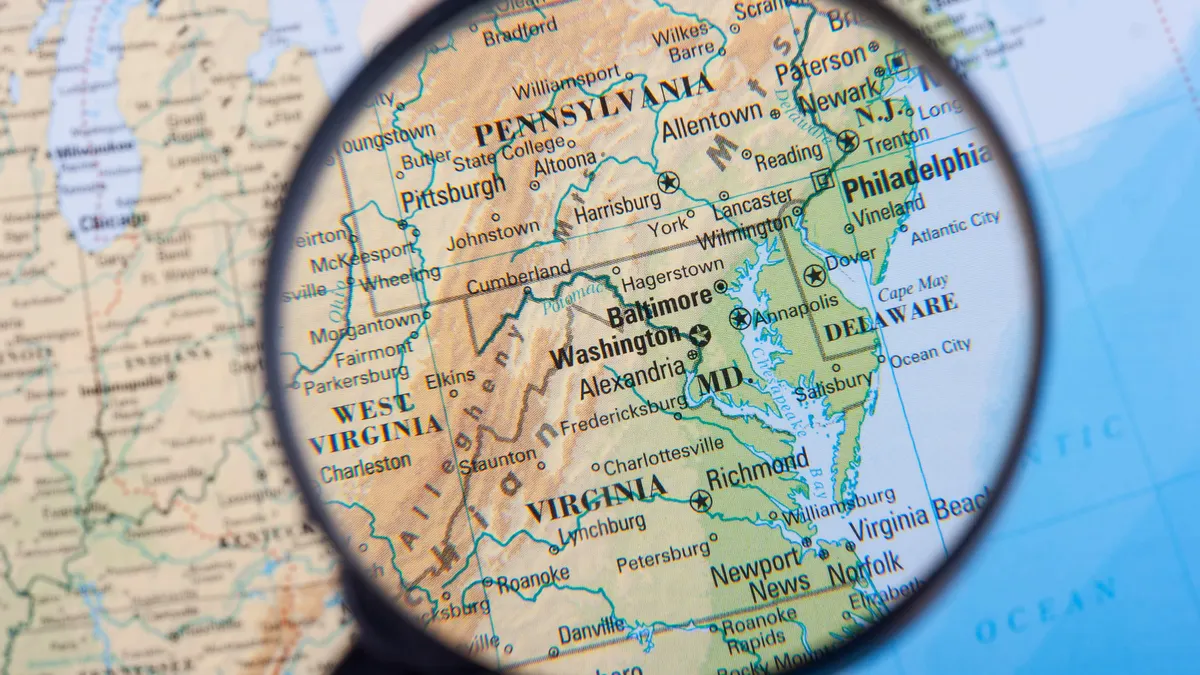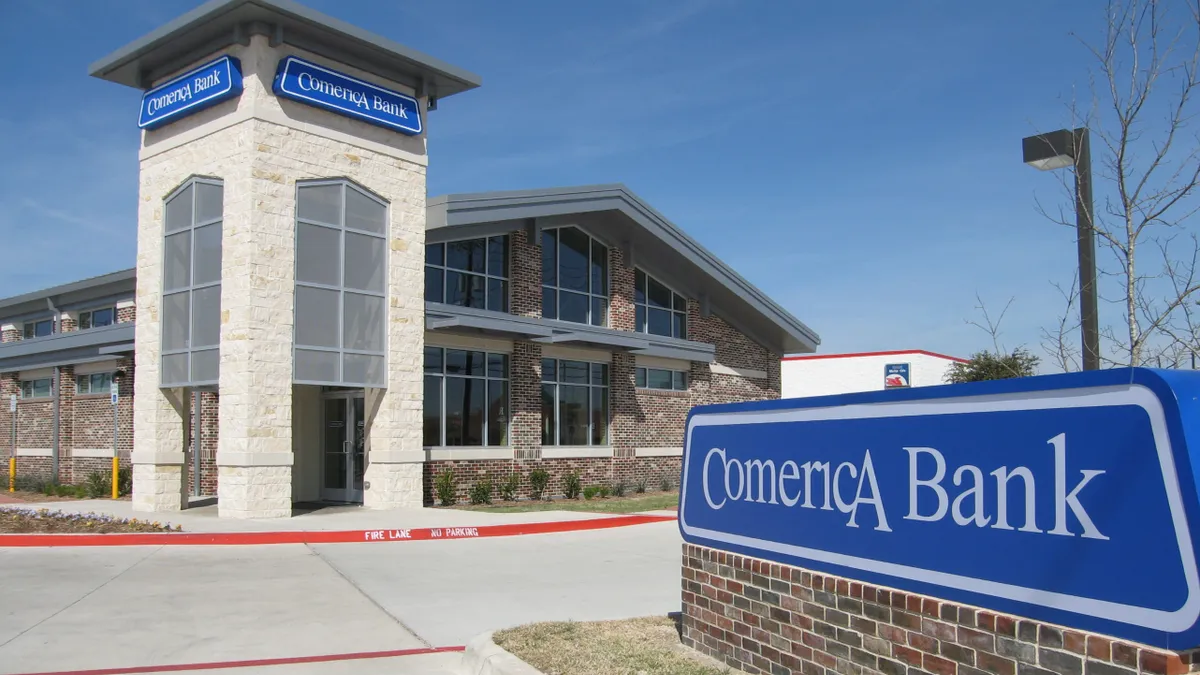A St. Petersburg, Florida-based de novo, focused on promoting sustainable business practices, filed for deposit insurance with the Federal Deposit insurance Corp. (FDIC) last week.
Climate First Bank, which marks community bank veteran Ken LaRoe's third pursuit of a de novo bank charter and his second environmentally focused venture, aims to raise $17 million before officially opening next year. The bank has $7.2 million in signed letters of intent, LaRoe said.
"Many people feel they have no choice but to turn to the country's largest banks who do not practice values or impact-based financing, and I want to change that with Climate First Bank," LaRoe said.
LaRoe opened Florida Choice Bank in 1999 and sold it in 2006, a business decision he calls a stroke of luck ahead of the 2008-09 financial meltdown.
After taking a cross-country road trip that afforded him the time to read Patagonia founder Yvon Chouinard's book, "Let My People Go Surfing," LaRoe said he was inspired by the outdoor wear maker's ability to build a successful values-based business.
"If Yvon Chouinard can do it in the clothing business, then surely I can do it in the banking business," LaRoe said he concluded at the time. "I wanted to do something that would give back and not just make a bunch of people a bunch of money again, even though I have no opposition to that. I just wanted there to be more meaning to life than that."
LaRoe opened Orlando-based First Green Bank in 2009 and sold the institution to Seacoast Banking Corp. of Florida in 2018.
"It was a tremendous run and a fabulous learning experience, but it left a huge hole in my heart to sell," LaRoe said.
Two years later, LaRoe said he is ready to once again open a climate-focused bank, and this time, he hopes the legacy will last.
"It broke my heart that my co-workers no longer had meaning in their employment," LaRoe said on hearing how First Green Bank's original mission was lost in the merger. "I swear, I've heard it two dozen times from my various co-workers since we sold that they're unhappy and where they are has no meaning. They didn't realize what it meant to work for a values-based organization."
LaRoe said Climate First Bank, which aims to open in 2021 with retail and commercial banking services, will offer its clients incentives to make sustainable choices.
"If a dentist is going to build a new dental office and we can talk the dentist into doing a [Leadership in Energy and Environmental Design] building and put solar on it, we'll loan them the extra money to do that at a low cost," he said.
The bank plans to offer dedicated loan options for solar photovoltaic, energy retrofits and infrastructure to help combat climate change.
Climate First Bank won't finance extractive industries, such as fracking, and it won't partner with agriculture production projects it considers harmful to the environment, LaRoe said.
There's a lot the bank won’t do, LaRoe said, but that doesn't mean it will only finance climate-focused projects.
"Central Florida, generally, could care less about anything climate or environment-related," LaRoe said. "If we only did environmental projects in Central Florida, we'd be broke in a week because there's just not enough concern or uptake."
It's a reality LaRoe said he was first confronted with while operating First Green Bank, and one he hopes will soon change.
"My dream with First Green was to develop an owner's manual for values-based banks to try to get some of my friends in the industry to convert their banks,” he said. "And it just didn't work. There just wasn't any interest."
While values-based banks may be a niche offering in the national banking landscape, some of the country’s largest institutions are making efforts to promote environmental and social causes such as sustainability and racial justice.
JPMorgan Chase pledged $30 billion Thursday toward efforts to close the racial wealth gap through a combination of loans, investments and philanthropy made to Black and Latinx communities.
Other large banks, including Bank of America, U.S. Bank and PNC have announced similar efforts to fight racial injustice in recent months.
Citi pledged in April to stop providing financial services to thermal coal-mining companies by 2030, and Wells Fargo has increased its investment in solar energy.
JPMorgan Chase also announced Tuesday it would adopt a financing commitment in line with the United Nations’ Paris Agreement, an initiative that aims to cut greenhouse gas emissions.
HSBC said Thursday it would target net-zero carbon emissions across its customer base by 2050, according to Reuters. The bank plans to achieve net-zero emissions in its own operations by 2030.
Morgan Stanley, Bank of America and Citi in July joined the Partnership for Carbon Accounting Financials (PCAF), a consortium that intends to standardize the way banks measure and reduce their climate impact.
Bank of America, Wells Fargo, Goldman Sachs and JPMorgan Chase are also backing the Center for Climate-Aligned Finance, an initiative launched by the clean energy nonprofit The Rocky Mountain Institute.
With the goal of cutting carbon emissions to net zero by 2050, the center aims to collaborate with banks to design guidance for working with carbon-heavy sectors such as steel or utilities, and to help banks determine which climate benchmarks and data to follow.

















